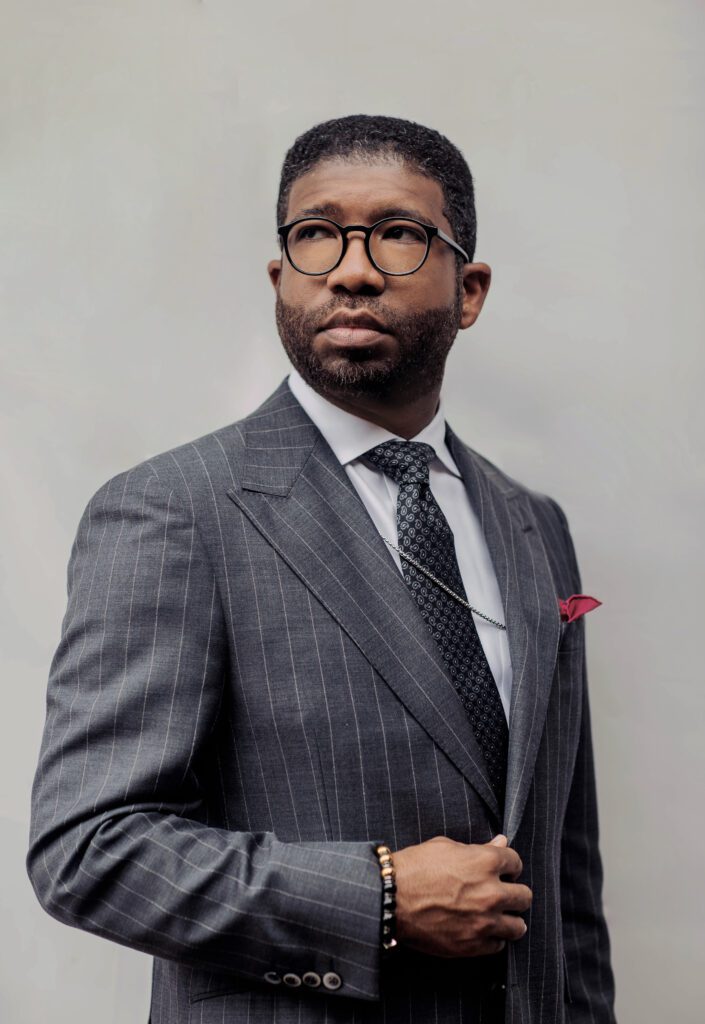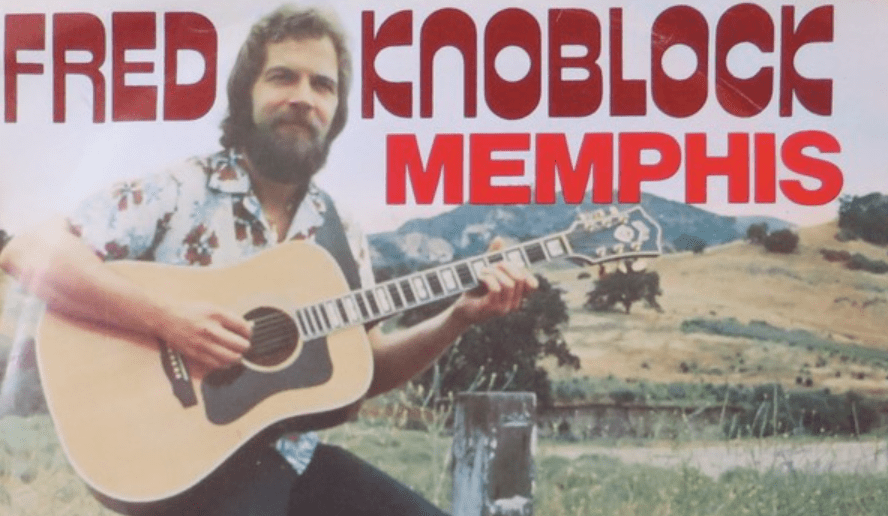
The Martin Luther King Jr. memorial in Washington D.C.
We don’t have to ignore the parts of King we disagree with to appreciate who he was and what he did.
On January 15, the Reverend Dr. Martin Luther King, Jr. would have turned 94 years old. He was just 39 at the time of his assassination. Today, our nation will pause, as it does every third Monday in January, to remember, through word and deed, King’s transformative life and leadership.
While Dr. King is deserving of honor, remembrances of his life are often far too simple. People try to fit him into a box; to cherry pick his ideas to support their own agenda. So many will remember the parts of King’s life that suit their particular and parochial political visions and philosophical worldviews.

King was human, which means he was complex, capable of extraordinary things, and still fallible. He was a civil rights leader, a peace activist, and someone who abhorred poverty. He had a young family and personal aspirations. He was all of these things and more. But depending on who you speak to about him, you will only see facets of who he was.
Many conservatives will reflect today on King’s dream that the content of a person’s character, not his or her color, should be how they are measured. This high-minded vision has become a sword of sorts to ignore the fact that while racism looks different today, it still exists. Rooting it out requires being honest about lingering disparities. Others will point to King’s stance against communism as an endorsement of capitalism, but King’s economic worldview was complicated. His opposition to communism was more about the threat it posed to Christianity than it was opposition to redistribution.
Many liberals, secular in their outlook, will reduce King to civil rights activism, not appreciating that he was foremost a Baptist preacher motivated by the social imperatives of the Gospel of Jesus of Nazareth. But to rewrite what drove King to action is to do a disservice to his mission and legacy. King’s view of the dignity of man and our relation to each other was directly connected to his view of how many related to God.
In both the case of the conservative and the liberal, the selective appropriation is not peculiar to King’s legacy. To be sure, people of varying ages and places have done the same with Jesus, turning the Creator into our preferable images. And similar to the old saying, if they did it to Jesus, surely they’ll do it to us. We like King as long as his baritone words stir our souls. We are afraid of him if those same words call into question our worldview or stir us to uncomfortable action.
The truth is that we don’t have to ignore the parts of King we disagree with to appreciate who he was and what he did. We don’t have to fully agree with every strategy or action or philosophy King espoused. He was not divine, messianic, or above reproach.
King was more than a “Letter from a Birmingham Jail” or the “I have a dream” speech during the March on Washington in 1963. He was more than the march from Selma to Montgomery in 1965. He was more than the victim of an assassin’s bullet in 1968. To dismiss him in all of his complexity because his faith or his radical dreams are too much for us to digest is not defendable.
His courage, how he stood on his convictions, while engaging opponents with civility, is a laudable skill we should employ with greater regularity in our age of cynicism and rancor. His understanding that the fight for civil rights was not only the fight of Black Americans, but of all Americans, brought people together.
Until people see King for who he really was, and hear what he really said, we’ll continue to have sanitized imaginations and fail to truly honor him, a man who gave all so that this “nation could arise and live out the true meaning of its creed.”








